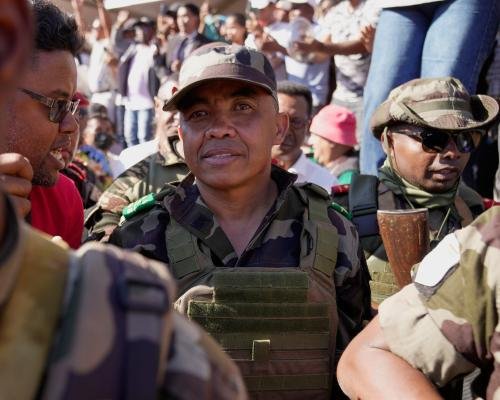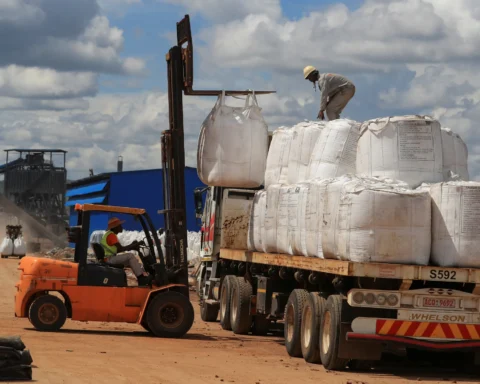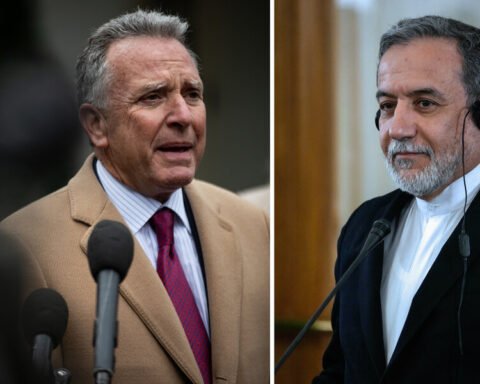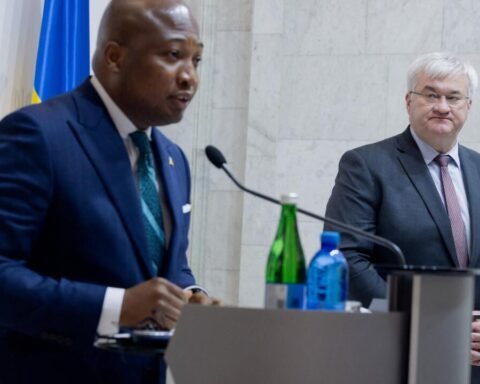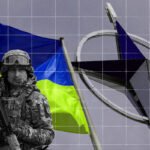Madagascar is facing its most serious political crisis in over a decade after President Andry Rajoelina confirmed that he had moved to a secure location to protect his life.
The decision follows weeks of youth-led demonstrations that have shaken the nation, with protesters calling for his resignation over widespread corruption, failing public services, and economic hardship.
In a televised address streamed on Facebook on Monday evening, Rajoelina said he had been warned of an imminent attempt on his life and possible plans to overthrow the government. Although he did not reveal his location, the president appeared calm but resolute, insisting that he would not let Madagascar fall into “ruin and recession.” He alleged that “real plans” for a coup had been in motion since late September.
The protests began on September 25, initially sparked by frustration over constant water and power shortages in Antananarivo, the capital. But as the days passed, anger over corruption and inequality drew larger crowds, mostly led by young people who said they were tired of unfulfilled promises.
Tensions escalated over the weekend when CAPSAT, an elite military unit that helped Rajoelina rise to power in a 2009 Malagasy political crisis, announced it would no longer use force against demonstrators. Instead, the unit escorted thousands of protesters into the city’s Independence Square, signaling a dramatic loss of loyalty for the embattled president. CAPSAT later declared it was taking charge of the military and appointed a new army chief, deepening fears of a full-scale military takeover.
Also Read; Ceasefire Brings Hostage Release and Renewed Hope for Peace
In response, Rajoelina accused unnamed “actors” of manipulating the protests for political gain and claimed his government was the victim of a coordinated attempt to seize power. Senior military officials, he said, advised him to relocate for his safety. “When other African leaders proposed to send troops for peacekeeping, I told them that this does not reflect the values of the Malagasy people,” he stated.
Parliament, meanwhile, rejected Rajoelina’s attempt to dissolve it through a presidential decree, arguing that such a move was unconstitutional. Lawmakers quickly voted to impeach him, further isolating the president from the nation’s power structures. By Tuesday morning, the military leadership had announced the suspension of several state institutions and the creation of a temporary transitional council to oversee governance until new elections are organized.
According to reports from Reuters and Al Jazeera, at least 22 people have died in the unrest and more than 100 others injured. International organizations have called for restraint and dialogue, urging both sides to prioritize peace and stability.
For many young protesters, this moment marks a turning point for Madagascar, one of Africa’s poorest nations despite its vast natural resources. “We are not fighting against a person,” said one protester, “we are fighting for a future where our voices matter.”

